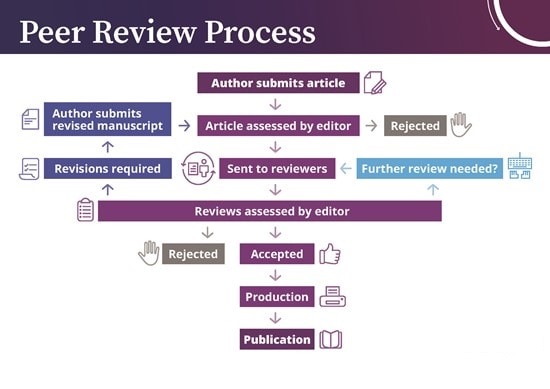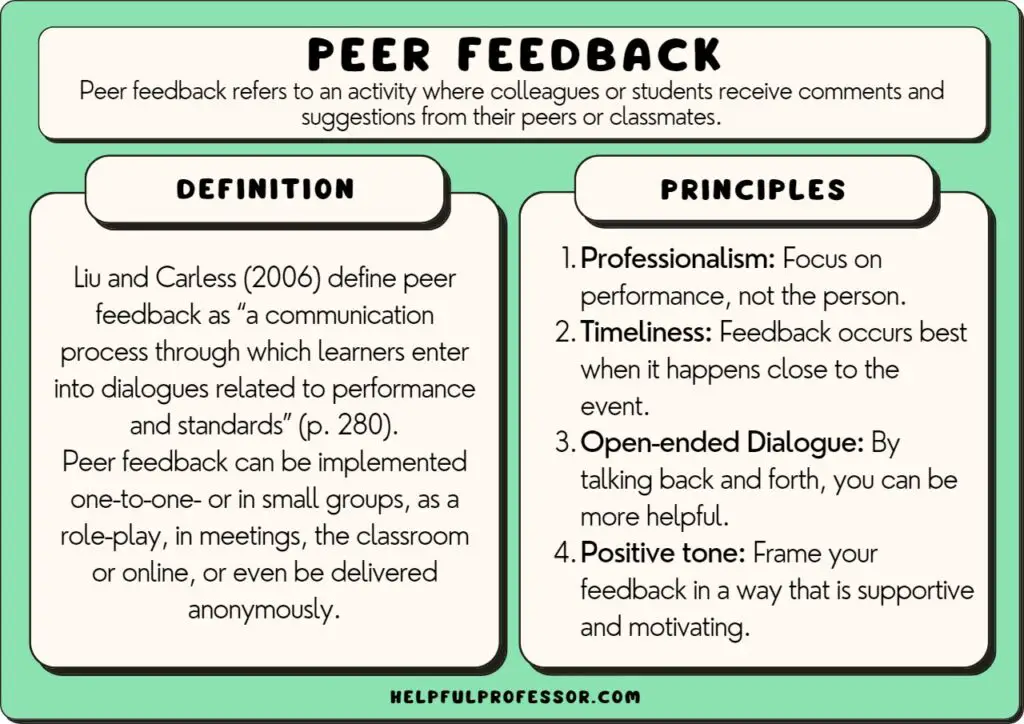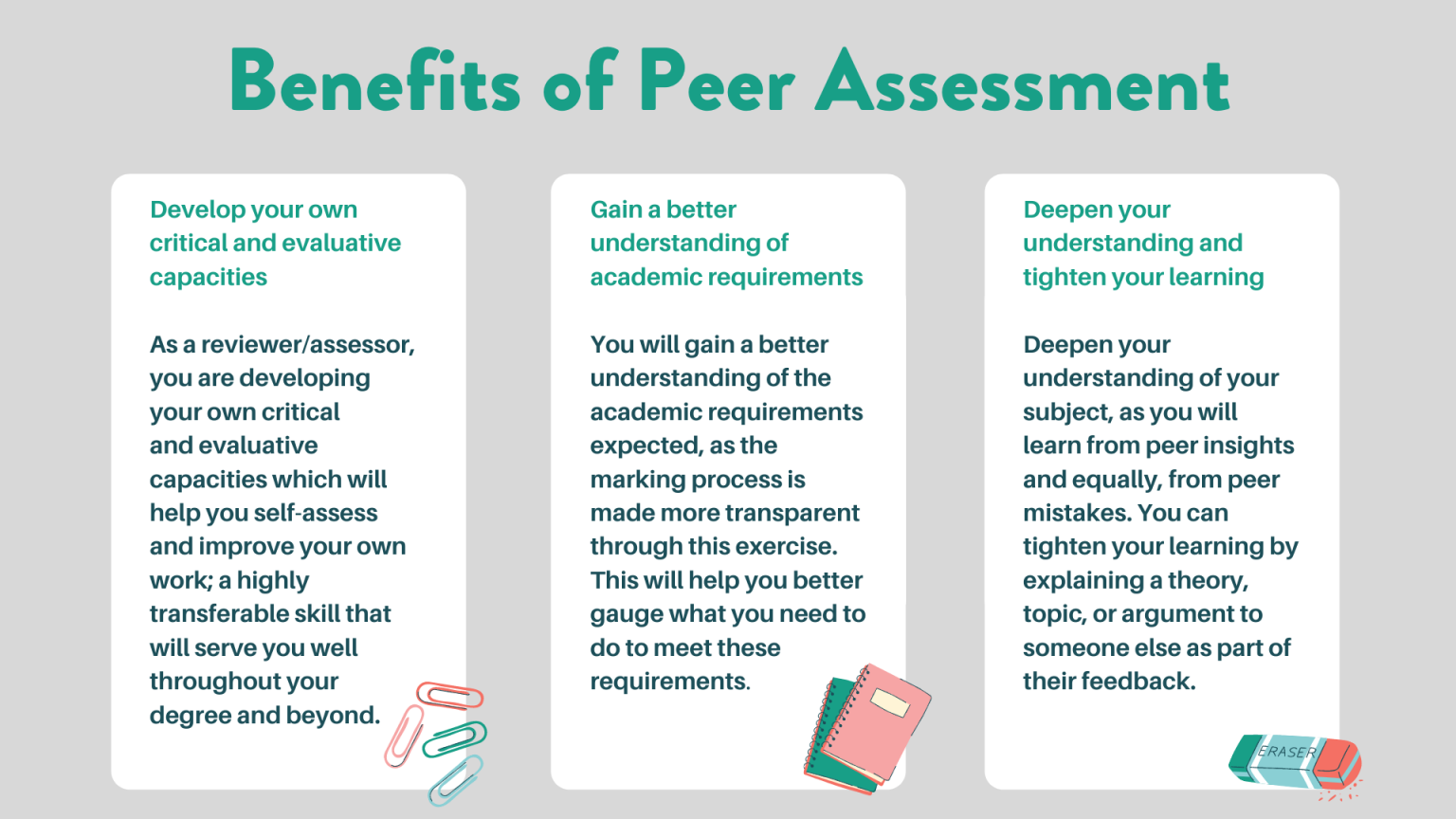Code Review Revelations: Learning From Peer Feedback

Executive Summary

Code reviews are an essential part of the software development process. They help to identify errors, improve code quality, and foster collaboration within development teams. Peer feedback plays a crucial role in effective code reviews, providing fresh perspectives and valuable insights into the reviewed code. By embracing peer feedback, developers can elevate their code reviews, accelerate their learning journey, and enhance their overall development skills.

Introduction
In the dynamic world of software development, code reviews stand as cornerstones of collaborative coding practices. They provide a structured mechanism for developers to scrutinize each other’s work, identify potential issues, and suggest improvements. Peer feedback, the cornerstone of effective code reviews, offers invaluable perspectives that can refine the review process and empower developers to learn from one another.
Frequently Asked Questions
Q: Why is peer feedback important in code reviews?
A: Peer feedback exposes code to diverse perspectives, leading to the identification of potential errors, improvements, and adherence to coding standards.
Q: How can I provide constructive peer feedback?
A: Focus on specific code elements, provide clear explanations, suggest alternatives, and maintain a positive and respectful tone.
Q: What are the benefits of receiving peer feedback?
A: Feedback highlights areas for improvement, promotes understanding of different coding styles, and fosters a culture of continuous learning.
Top 5 Subtopics in Code Review with Peer Feedback
1. Identifying Errors and Defects
- Syntax Errors: Ensure code conforms to language syntax rules.
- Logic Errors: Verify the code’s intended functionality.
- Performance Issues: Identify code sections that may impact application performance.
2. Improving Code Quality
- Code Maintainability: Review for ease of understanding, modification, and extension.
- Code Reusability: Evaluate the potential for code reuse across multiple modules.
- Code Consistency: Check for adherence to coding standards and best practices.
3. Knowledge Sharing and Learning
- Different Perspectives: Expose code to diverse viewpoints, leading to the exchange of ideas and experiences.
- Learning Opportunities: Leverage peer feedback to identify knowledge gaps and areas for personal growth.
- Collective Improvement: Share lessons learned from code reviews to enhance team capabilities.
4. Fostering Collaboration and Communication
- Open Communication: Establish a constructive environment for feedback exchange.
- Respectful Interactions: Maintain a spirit of mutual respect and appreciation.
- Teamwork Enhancement: Collaboration through code reviews strengthens team dynamics and fosters a sense of unity.
5. Adhering to Standards and Best Practices
- Code Style and Conventions: Ensure adherence to team coding standards.
- Security Considerations: Review for potential security vulnerabilities.
- Accessibility and Usability: Evaluate code for accessibility and user-friendliness.
Conclusion
Code reviews with peer feedback are potent catalysts for software development excellence. By embracing the diverse perspectives offered by peers, developers can refine their code, expand their knowledge, and elevate their development skills. The collaborative nature of peer feedback fosters a culture of continuous learning, where developers grow together and produce high-quality, reliable software.
Keyword Tags
- Code Review
- Peer Feedback
- Software Development
- Code Quality
- Knowledge Sharing


